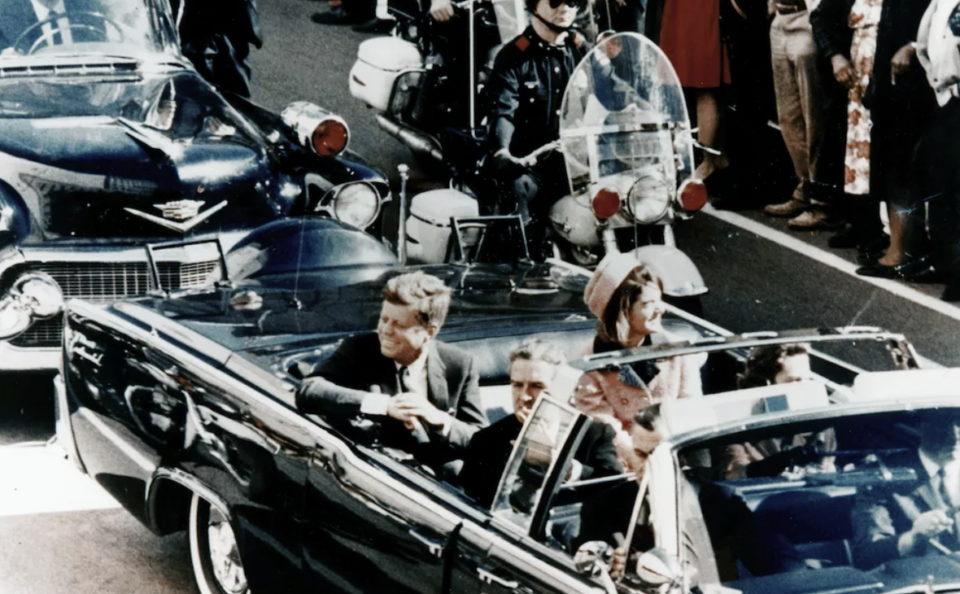Half a century ago, on November 22, 1963, President John F. Kennedy was tragically assassinated in Dallas. Even now, nearly 66% of Americans believe that a conspiracy played a role in his death. This widespread skepticism of the official narrative, which claims that Lee Harvey Oswald acted alone, makes Kennedy assassination theories among the most embraced conspiracy theories. This sentiment isn’t limited to the realm of extreme theorists; even prominent figures like Secretary of State John Kerry have hinted at doubts about the established account. Regardless of whether these theories hold true, the allure of conspiracy theories for a specific kind of individual is undeniable.
Conspiracy theories, irrespective of their malevolent nature, provide a sense of coherence to the world and can even alleviate people’s existential anxieties about death. They offer an interpretation that suggests if we dig deep enough, we can uncover and vanquish the root of our problems. Barna Donovan, a communication professor at St. Peter’s University, emphasizes that the appeal lies in the notion of a hidden order or structure governing events, providing a certain comfort. Personality types that are prone to feelings of alienation or exhibit high levels of paranoia tend to be more susceptible to conspiracy beliefs. Childhood upbringing also plays a pivotal role, with some individuals being taught to trust authoritative institutions, while others are taught to be skeptical of those in power.
Studies reveal that conspiracy theories offer comfort to those who are anxious about death. These theories can provide a framework to understand events, alleviating feelings of a lack of control. Certain personality traits can amplify susceptibility to conspiracy beliefs, and upbringing interacts with political inclinations to shape the kind of conspiracy one is likely to embrace. Conspiracy theories about Kennedy’s assassination, for instance, have gained substantial traction across the political spectrum. These beliefs often persist despite contradictory evidence, forming what can be likened to religious faith. Kennedy conspiracy theories have not just remained confined to the realm of believers but have permeated popular culture through books, movies, documentaries, and articles, resulting in an enduring cloud of suspicion over the official conclusions.

